A place to relieve stress: Library debuts a Reflection Room for students, staff and faculty
The Reflection Room, a space where students, faculty and staff can relax and de-stress, opens Feb. 24 on the third floor of the Lewis Library.
The idea for the Reflection Room was developed and pursued by students who sought to create an area to help HSC team members deal with a stressful school and work environment.
Part of a growing trend on university campuses, the Reflection Room, LIB 319, will be a place of reflection, meditation, prayer, yoga, casual reading and other mindfulness practices.
An open house will be held at 9 a.m. Feb. 24 to celebrate the opening.
Second-year TCOM students Hadia Aziz and Rupali Gautam have run point on the project for more than a year, working with Library Associate Director Michele Whitehead to identify a suitable room.
“Through conversations with students and faculty, we realized that the campus lacked a space where they could take care of their mental health,” Aziz said. “In our research, we discovered that nationwide, over 400 physicians commit suicide a year, and the numbers are growing. So we started to wonder how we could implement preventative measures to address these alarming statistics, which resulted in the proposal of having a Reflection Room on our campus.”
Healthy behavior
Students’ emotional health is a priority at HSC. One of the four Strategic Objectives in the HSC 2020 Roadmap is to “enrich the health and wellbeing of our entire team.”
So when students in the Mentality Initiative to Nurture Doctors (MIND) organization approached TCOM Dean Frank Filipetto and Thaddeus Mantaro, director of the Quality Enhancement Plan, about the need for a place where students can relieve stress, they were happy to assist.
“It helps to have an anchor for the behaviors that we want to foster in a community,” Mantaro said. “Students are encouraged to work hard, but it helps for everybody to have a place where they can go to slow down and be mindful. Having the institution say, ‘We think it is important enough to have a designated place for reflection or meditation’ is important.”
Such spaces are springing up on colleges and universities across the country. The University of Kansas, University of Michigan, Cornell University and other institutions have created them.
The HSC Reflection Room debuts at an auspicious time. Midterms and board exams create significant pressure to perform well.
“People tend to get a little worn out,” Gautam said. “It’s nice there will be this space for them.”
Respect is paramount
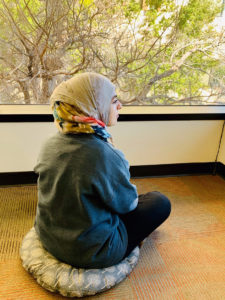 Posted guidelines will advise that “silent prayer is accepted, but all users should be respectful of everyone’s use of the room and their needs when it comes to meditation.”
Posted guidelines will advise that “silent prayer is accepted, but all users should be respectful of everyone’s use of the room and their needs when it comes to meditation.”
The goal is a zone free of the distractions of schoolwork and technology, “to encourage anyone who uses the room to give their eyes and brains a break and disconnect from distractions,” Gautam said. “However, we understand that some people use apps to meditate. So we ask that people who prefer to use apps to help them de-stress use headphones to be respectful of those who value silence when meditating.”
Six people can use the room at once, for one hour each.
To encourage relaxation, décor will be minimalist but include items such as blankets, yoga mats, prayer rugs, floor pillows, storage cubes and beanbag chairs.
Breaking the stigma
Mantaro, Gautam and Aziz are optimistic that the room will give faculty, staff and students an opportunity to seek occasional respite from stress.
“Overall, the institution is showing a strong commitment to students’ mental health concerns by having a specific space for reflection and taking time to slow down,” Mantaro said.
They also intend to encourage conversations around mental health for healthcare professionals.
“We all have this overwhelming stress to learn everything we can so we don’t affect patients in the future, but we often don’t take time to take care of ourselves,” Gautam said. “It is important to emphasize that we matter and our mental health matters. This Reflection Room allows us to acknowledge that and actually do something about it.”

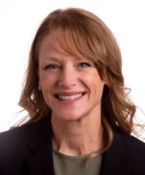
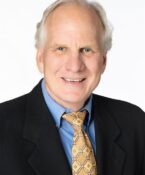
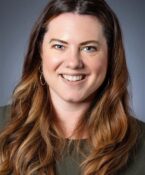
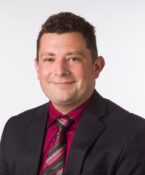

Social media